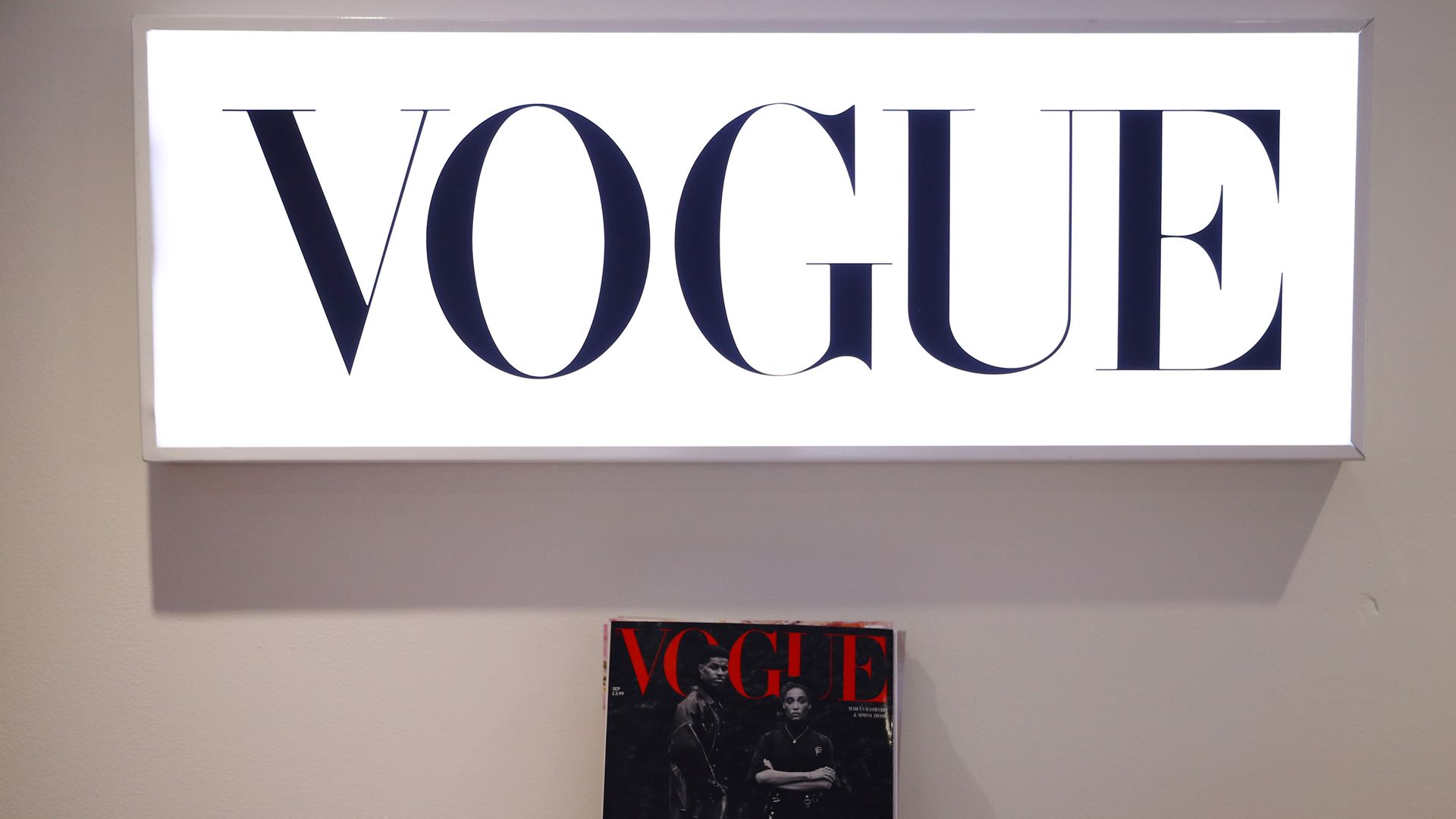In a significant setback for the entire crypto industry, the US Securities and Exchange Commission (SEC) has rejected the filing of several firms for Solana ETF submitted by Cboe Global Markets.
The SEC’s decision was reportedly driven by concerns over the regulatory status of Solana, with the Commission expressing doubts about whether SOL should be classified as “a security.”
Solana ETF Proposals Deemed ‘Dead On Arrival’
According to Bloomberg ETF expert Eric Balchunas, the Solana ETF filings “never made it past Step 2” in the SEC’s review process, referring to the stage where the regulator posts the 19b-4 filings on its website.
Balchunas stated that the lack of regulatory approval means the Solana ETF proposals have effectively been deemed “DOA” or “dead on arrival.” The expert asserted that the fillings now have “a snowball’s chance in hell of approval” unless there is a significant change in the Commission’s leadership.
The SEC’s concerns over Solana’s status as a security appear to have been communicated directly to prospective ETF issuers, leading Cboe to withdraw the related 19b-4 forms from its website earlier this month.
James Seyffart, Balchunas’ colleague and also an ETF expert, noted that the SEC is “actively making this argument in court and elsewhere” regarding the classification of certain cryptocurrencies, showcasing the discrepancy between classifying SOL as a security and Ethereum (ETH) as not.
However, the story does not end there. While the Cboe filings have been withdrawn, the S-1 registration statement for VanEck’s Solana ETF remains active on the SEC’s EDGAR system.
VanEck’s Bid To Classify SOL As Commodity
VanEck’s Head of Digital Assets Research, Matthew Sigel, stated that the company believes SOL should be treated as a commodity, much like Bitcoin (BTC) and Ethereum, based on the cryptocurrency’s progress in decentralization.
Sigel pointed to several factors supporting Solana’s commodity-like status, including a significant reduction in the concentration of SOL holdings among the top 100 addresses and the network’s growing validator count across 41 countries and more than 300 data centers.
Additionally, Siegel highlighted the upcoming Firedancer client for the Solana blockchain developed by the troubled Jump Crypto, which is expected to bolster Solana’s decentralization further, making it harder for any single entity to dominate the blockchain. Siegel concluded:
This decentralized infrastructure, combined with SOL’s utility and economic role, aligns it closely with digital commodities like BTC and ETH. We remain committed to advocating this position alongside our exchange partners to the appropriate regulators.
What is certain is that the debate over Solana’s regulatory classification underscores the ongoing obstacles posed by the Commission in the past years as the industry seeks greater institutional adoption and approval of crypto-based investment products beyond the two largest cryptocurrencies on the market.
With the SEC taking a firm stance on the issue, the path forward for Solana ETFs remains uncertain. However, VanEck appears determined to continue advocating its position on the cryptocurrency’s commodity-like nature.
At the time of writing, SOL was trading at $142, a little change from Monday’s opening price.
Featured image from DALL-E, chart from TradingView.com







